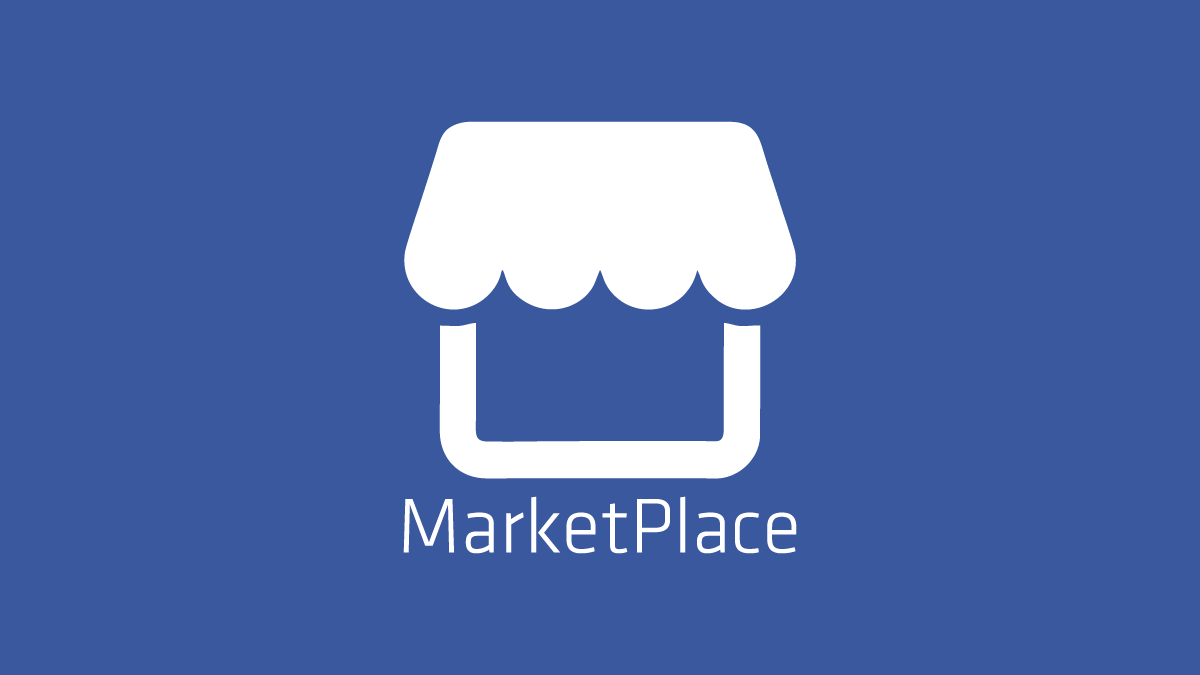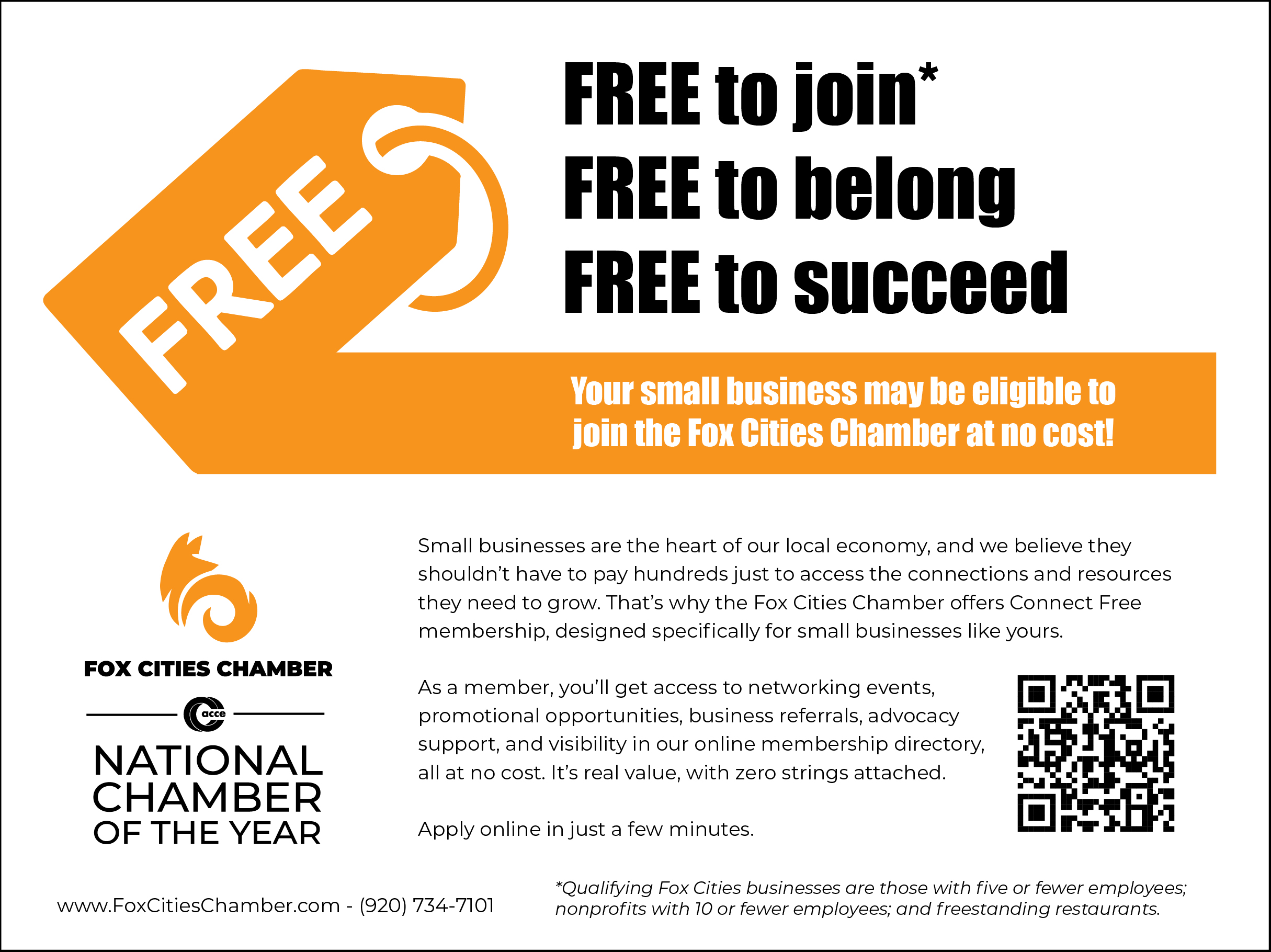By Craig Silverman, Chris Morran and Maya Eliahou
ProPublica is a Pulitzer Prize-winning investigative newsroom. Sign up for The Big Story newsletter to receive stories like this one in your inbox.Series: The Social Machine How Facebook Plays by Its Own Set of Rules
Even though Facebook Marketplace is backed by the power of the social networking giant, buying and selling items through the service can still carry the same risks as making purchases on other peer-to-peer platforms or through the classified ads of the local newspaper.
Buyers and sellers on Marketplace frequently know little about each other. Without taking sensible precautions, either party could end up being a victim of robbery or fraud. Some Marketplace users have had their goods or money stolen, while others have fallen prey to violent criminals they connected with through the popular reselling platform.
We have put together this guide to help you avoid getting scammed. There are several red flags buyers and sellers should be mindful of when shopping on Marketplace. Facebook has its own guide for Marketplace users, and we also talked to fraud experts to better understand the warning signs of a potential scam.
Before You Get Started
Online marketplaces are fertile ground for identity theft, and Facebook Marketplace is no exception, with scam artists quietly taking over legitimate user accounts to add authenticity to their cons. Facebook users, even those who never intend to use Marketplace, can minimize the likelihood of having their account stolen by setting up a security feature known as two-factor authentication. This requires account holders to verify new logins through a secondary device like a smartphone that only they can access, blocking most fraudsters from illicitly logging in to their accounts.
For Buyers: How to Spot a Seller Scam on Marketplace
The listing offers a suspiciously low price for a high-demand item.
If an item is rare or popular, but the seller is listing it as readily available and at a price that’s too good to be true, it likely is. Beware of Marketplace ads for in-demand tech like smartphones or video game consoles listed at or below their retail prices.
Similarly, while most cars don’t fall under the umbrella of “scarce,” a suspiciously low price tag on a vehicle should give the buyer pause for multiple reasons.
The seller will not meet you in person or let you see the item before purchase.
Many Marketplace transactions are local, such as a purchase of a used sofa from someone in the next town over. There are very few good reasons a seller would refuse to finalize the purchase in person, or would make you pay for the item without having seen it first.
The seller asks you to pay using gift cards for eBay or another company.
Gift cards may seem like an easy enough way to pay a seller who doesn’t want to be paid in cash or instant transfer. But legitimate sellers don’t ask to be paid in gift cards, and this request is usually accompanied by a refusal to meet in person or show the item prior to payment.
The seller refuses to engage with you over Facebook Messenger or directs you to another website to make the purchase.
As mentioned above, some Marketplace scammers use other people’s authentic Facebook accounts to add legitimacy to their fraudulent listing. The faux seller may want to avoid using Messenger to communicate with buyers for fear the messages could alert actual account holders that they have been hacked.
Some bad actors will turn on the “vacation” setting for Facebook Messenger, which means you can only contact them via email or a website.
Whatever the method, the goal is to quickly shunt buyers away from Marketplace and onto a platform where there are fewer risks of being caught or called out by Facebook users.
The seller’s email address has been cited in other instances of fraud
Scammers sometimes list the same email address or similar ones as they jump from con to con. Buyers should Google the email address used by the seller, to see if it has been associated with fraud in the past.
The seller’s Marketplace profile shows multiple listings of the same item targeted at locations in different states
Click on the seller’s name to see all of their Marketplace listings. If the seller is offering the same 1997 Honda Accord in ads targeted to users in various parts of the country, odds are high the listings are fraudulent.
The seller has creative explanations for why that price is suspiciously low.
When asked why the price of an item is so low, the seller might offer one of a number of elaborate narratives to explain the discount: It belonged to a relative who recently died, or maybe the seller says they are in the military and are either overseas or shipping out soon and need to unload the item before moving.
The seller says they will use eBay’s Vehicle Purchase Protection plan for the transaction
EBay’s Vehicle Purchase Protection is a real program that provides up to $100,000 in repayment for losses associated with fraud. But it’s only valid for vehicle purchases made using eBay’s platform. Car scammers often forge documents to make it seem like a Marketplace transaction will be handled via this service. Simply put, no vehicle purchase made via Marketplace can be processed via eBay.
The seller offers shipping on the item, but refuses to use the Facebook checkout service for the purchase.
Sellers can set up e-commerce stores on Marketplace and ship items to customers who pay using Facebook’s checkout product. This pay-and-ship option is only available in the U.S. If a seller asks you to pay via a method other than Facebook checkout, it’s likely a scam, and won’t be covered by Facebook’s Purchase Protection service.
For Sellers: How to Spot a Buyer Scam on Marketplace
They ask to send you a “code” to verify your identity.
This is a trick that enables them to set up a number using your Google Voice account. The scammer asks for your phone number and says they will have a code sent to it to verify you are a real person. But once they have your number, they use it to set up a Google Voice account. The code being sent to you is what Google sends to a prospective customer to verify that they want to set up Google Voice for that number. If you give the scammer the code they can set up a new Google Voice account using your number, and use that to scam other people. You can read more about how this scam works from the Identity Theft Resource Center.
They refuse to meet you in a well-lit public place of your choosing, or to make the exchange in a police station parking lot.
Sellers should be wary of potential buyers who are willing to finalize the transaction in person, but not in a public place where there will be witnesses, or in the vicinity of law enforcement. A police station parking lot is perhaps the safest place for many Marketplace users to do their exchanges.
The buyer is eager to get off Facebook Messenger and onto another platform to communicate.
This is a red flag for both buyers and sellers. Legitimate sellers should question why a buyer wants to move their discussion and transaction off of Facebook and onto another platform where there may be less accountability.



